Earth day is upon us, which means it’s time to get in touch with your ecological footprint and see how you can start being more environmentally savvy — especially in the kitchen. Did you know that close to half of the food produced around the world is wasted, and that on average, your meal takes 1200-2500 km just to get to your plate! Make these simple, eco-friendly food swaps to start creating a positive environmental impact right now.
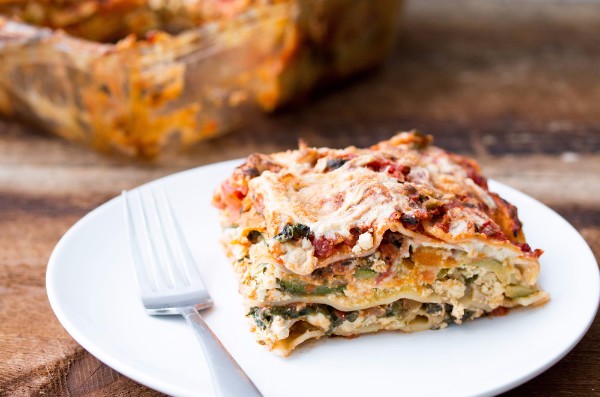
Go VFD (Vegan for a Day)
Producing meat takes a huge toll on the environment. It requires enormous amounts of water, food, land, fuel, pesticides and energy just to raise the animals we eat. This doesn’t even take into account the sheer volume of greenhouse gases produced from raising livestock. Make a difference by reducing the meat you consume and go Vegan for a Day.
Check out our most popular vegan recipes.
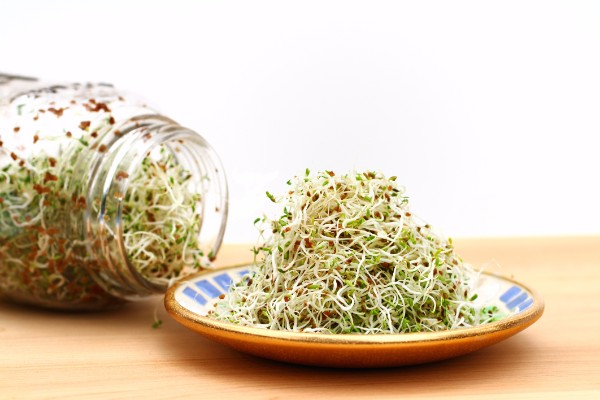
Grow Sprouts in Your Kitchen
Sprouts are tiny plants that offer your body a ton of nutrition and can be grown right in your kitchen. They’re a great way to eat healthy and nutritious greens during the winter, when fresh, local green produce is slim pickins’. Sprouting at home is easy and it’s a fun way to get kids involved in growing food and eating their greens.
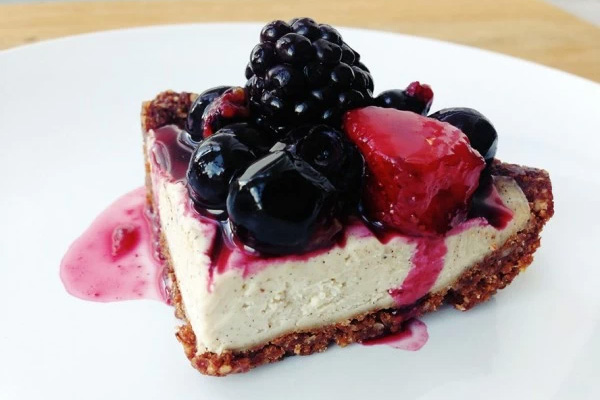
Go Raw Once a Week
When you cook, you may have the oven heating, the stove firing, maybe even the blender or food processor blitzing. Cooking requires a lot of energy, so why not give your electric and gas bill a break, and eat one meal completely raw. As an added bonus, many vital nutrients in your food are destroyed when cooked or heated, and eating raw maintains these nutrients providing your body with powerful enzymes and vitamins.
Become a more energy efficient cook by making Raw Vanilla Cheesecake with Chocolate Almond Crust
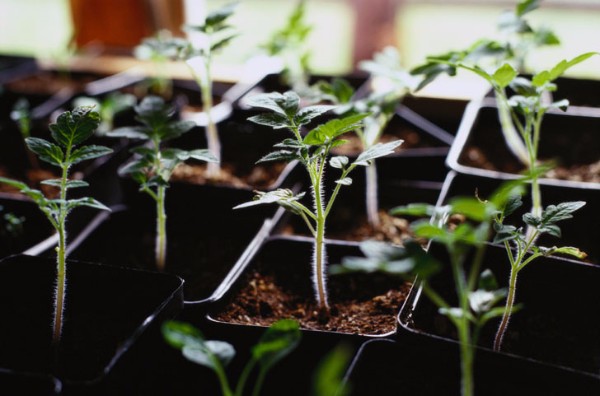
Become a Backyard Farmer
Growing your own food is one way to become an eco-warrior. There’s no travel involved from the time you harvest your produce to the time it reaches your kitchen. This reduces all of the pollution and energy that goes into shipping vegetables and fruits across the country and internationally, which also means that your hyper-local food won’t lose valuable nutrients. Seeds and seedlings are available at most grocery stores and garden centres, so get planting! If you don’t have your own space to grow food, join a community garden.
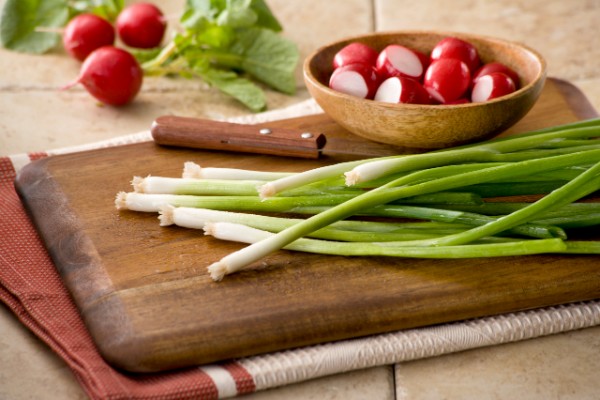
Regrow Your Vegetables
There’s so much energy that goes into growing your food before it gets to your kitchen. Another way to reduce food waste is to actually regrow your produce; romaine lettuce, green onions, cilantro and basil can all be revived with a little bit of water and some sunlight. You’ll get to continue harvesting the goods when you regrow these veggies in your kitchen over and over again.
Want to regrow your own veggies? Check out these vegetables you can regrow at home.
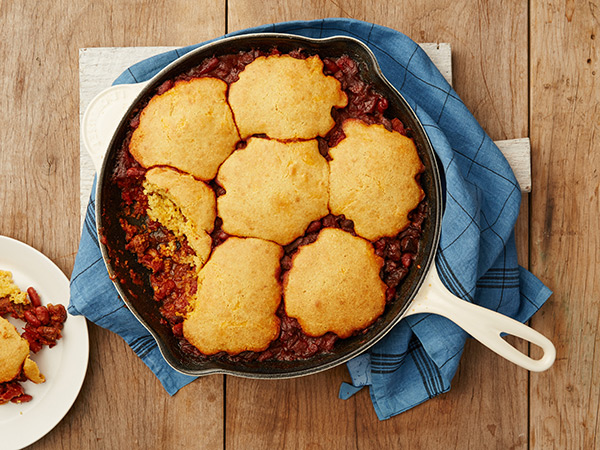
Toss out Toxic Cookware
You know those teflon or non-stick pans sitting in your pot drawer? Well, go toss them out now! Non-stick coating releases toxic fumes and substances into the air during cooking, and as you continue to use and heat them, the coating can flake off into your food. The safest choices for cookware are cast iron, ceramic and glass.
Check out these incredible cast iron skillet recipes.
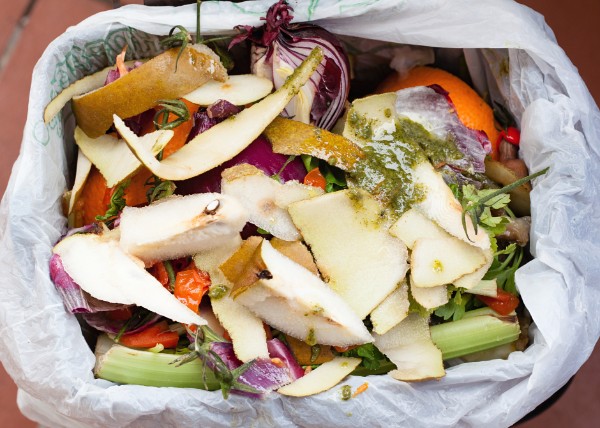
Turn Food Waste Into Compost
Did you know that almost half of your household garbage is food waste? Food scraps that end up in the garbage and not in your compost bin find themselves decomposing in landfills and producing methane, a potent greenhouse gas. Instead of tossing these food scraps into your trash, throw them in the city’s designated compost bin or go a step further and start composing in your backyard.
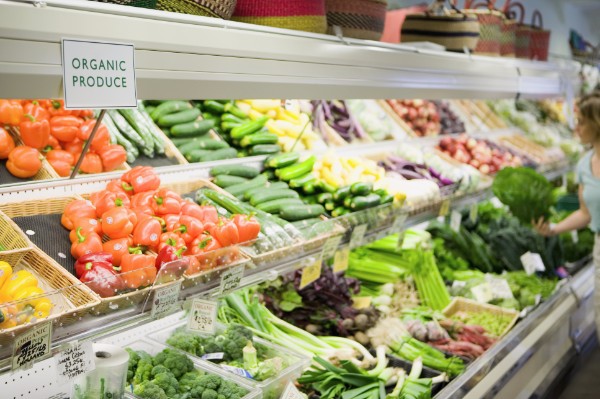
Eat Organic
Organically grown food doesn’t use chemical pesticides or fertilizers that are harmful for the environment, the soil or the body. Conventional farming uses a lot more energy and produces a considerable amount of greenhouse gas emissions. Eating organic is healthier for the planet and for your body, but it can be expensive and inaccessible for some. The Environmental Working Group puts out a list every year called the Clean Fifteen and Dirty Dozen. This list includes fruits and vegetables that have the least and most pesticide residue on them.
If you’re looking to eat organic but don’t want to break the bank choose to buy these top organic fruits and veggies.
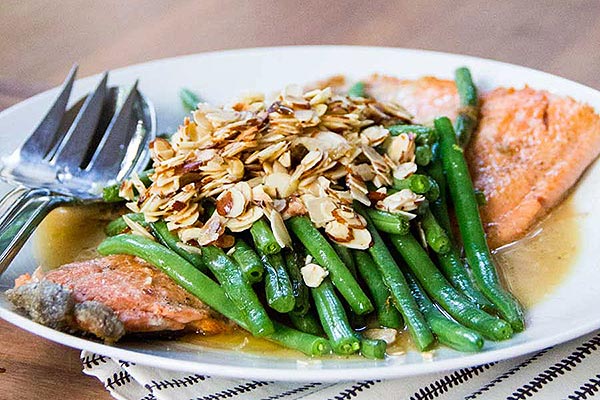
Choose Sustainable Seafood
Buying sustainable fish is one of the best ways to save the oceans. Many fish populations are being depleted due to overfishing, which also jeopardizes marine ecosystems and disrupts marine life. Fish caught or farmed sustainably preserves oceans and the diversity of species that live there.

Reduce, Reuse & Recycle
Household waste doesn’t only come in the form of food scraps. Plastic cutlery, paper napkins, water bottles and plastic storage containers are also among the waste culprits. Reduce your ecological footprint by storing food in reusable glass containers and dried goods in glass jars.
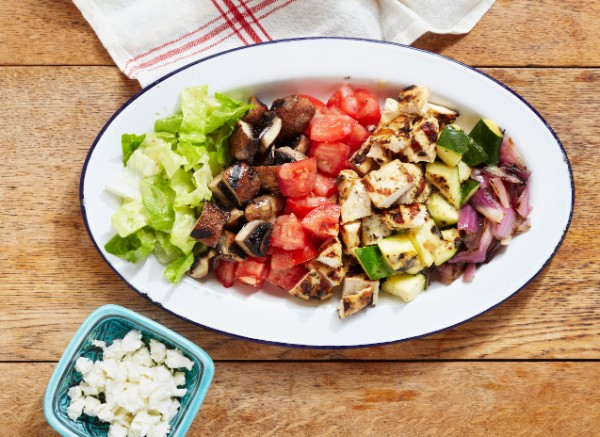
Become a Food Prep Master
Now that you know how much of your food ends up in the garbage bin, here’s another way for you to prevent food waste: become a food prep master. You’re more likely to use fruits and vegetables if they’re already in ready-to-cook form; whipping up a roasted cauliflower dish is a cinch if the cauliflower is already chopped into florets, for example. As soon as you bring produce home, make sure you find time to prep it and store it in airtight containers in the fridge. This time-saving technique will also save you from throwing away any spoiled produce.
Got your cauliflower chopped? Great, now make this Roasted Cauliflower with Herb Caper Sauce.
